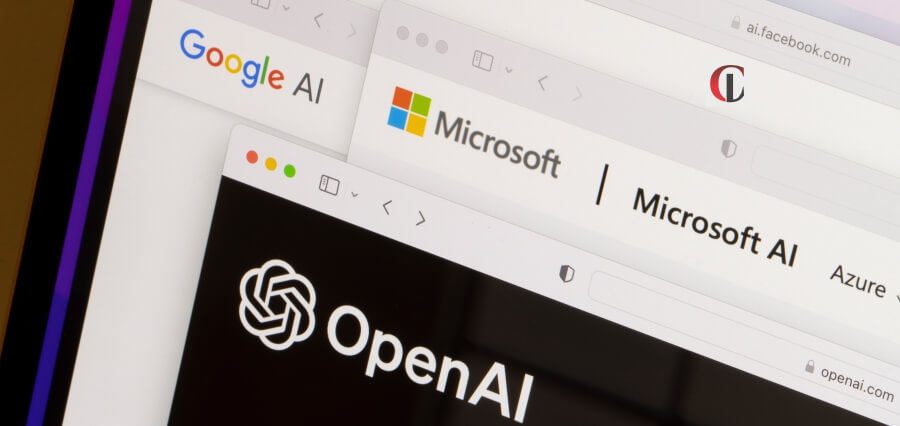Meta CEO Mark Zuckerberg might not have played a direct role in the OpenAI executive saga involving Sam Altman, but the fallout could have indirect benefits for Meta. Microsoft, OpenAI’s largest financial backer, positioned itself as a cloud computing partner for the startup, creating a public association. However, critics questioned how Microsoft CEO Satya Nadella allowed the boardroom drama to unfold.
Meanwhile, Meta observed the situation from the sidelines, potentially benefiting its open-source Llama AI initiatives. As some companies seek alternatives to relying on a single large language model, Meta’s stable environment may appeal to technologists looking to work in the private sector. Yann LeCun, Meta’s AI chief, acknowledged the potential in a response to a post on Threads. The OpenAI fiasco raised concerns among customers about relying solely on one type of large language model (LLM) for AI business strategies.
Businesses are now exploring options beyond OpenAI’s GPT family of LLMs, turning to startups like Anthropic and Cohere. Meta could capitalize on this trend as companies seek multiple AI vendors, similar to the approach with cloud providers. Meta’s Llama-branded family of generative AI software, available through open source, allows developers to customize LLMs to their specific needs without vendor lock-in.
Increased usage and improvement of Llama could potentially lower Meta’s operating and technology research costs. Despite concerns like licensing issues, companies and developers may choose Meta’s AI software with more confidence, knowing that the social networking giant is not on the verge of collapse.
While Microsoft faced scrutiny over the OpenAI debacle, Meta’s stability, open-source initiatives, and potential business opportunities position it as a winner in the aftermath of the executive drama.





